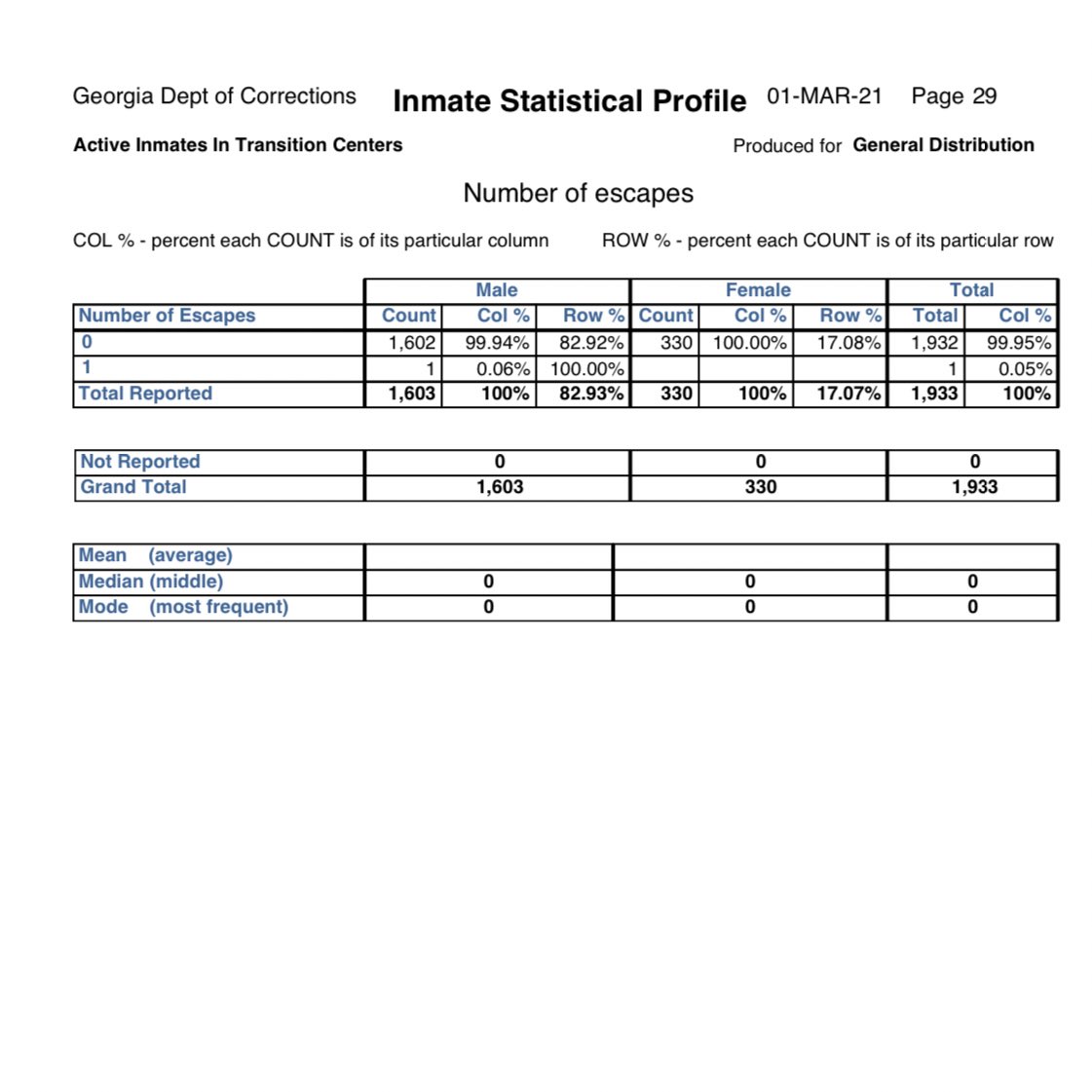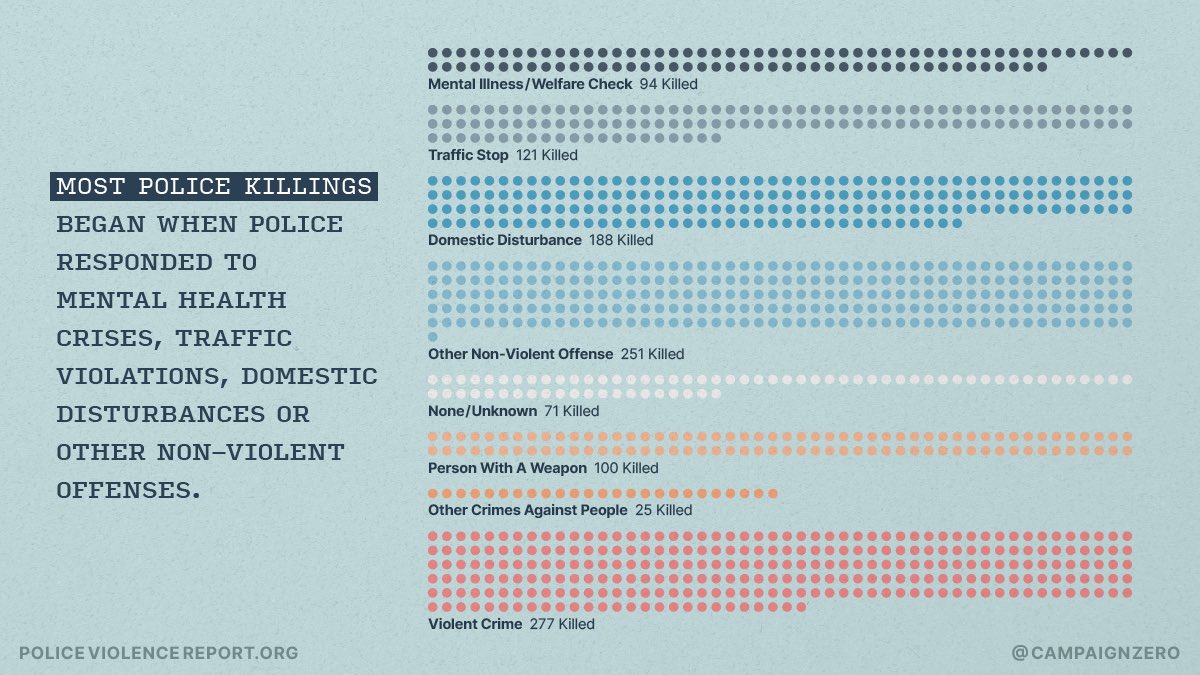
Let’s talk about the police accountability laws that just passed in Maryland. A thread. (1/x)
https://twitter.com/washingtonpost/status/1380984749674610691
First, Maryland repealed its police bill of rights law that gave special protections to officers accused of misconduct. That law put police in charge of holding themselves accountable and kept communities from having insight into the process. That’s being replaced with... (2/x)
It’s replaced with a new system that empowers community. Each county will have a community-led police accountability board that appoints members to a committee that formally charges officers with misconduct. Police chief can increase, but not reduce, the recommended discipline.
The law prohibits police unions from negotiating police union contracts that alter these community-led structures. And it makes records of police discipline public. Replaced one of the worst laws for accountability with one of the most community-centered models in America. But...
There are aspects of the package of laws that were passed that are much weaker and that will need to be changed. The use of force standards, while described in the media as “one of the strongest in the nation” are actually pretty weak. Let’s take a look...
The new law requires force be “necessary” and “proportional” but requires prosecutors prove an officer “intentionally” violated the law in order to convict them. This is similar to WA’s old use of force law which had to be changed because it was nearly impossible to prove intent. 

In other words, the use of force section is basically unenforceable through criminal prosecution. The law creates a process whereby officers *can* be decertified for using excessive force, but I don’t see this law leading to any more officers being prosecuted for excessive force.
There were other important elements to the MD legislation. Restricting no-knocks, requiring statewide data, etc. Overall, this was a WIN for administrative accountability (more officers fired/disciplined/decertified) but not a win if you want more officers criminally charged.
Issues notwithstanding, the repeal of the police bill of rights law and the administrative system replacing it in Maryland are potential models that can and should be considered in the 20 states that still have police bill of rights laws in place.
• • •
Missing some Tweet in this thread? You can try to
force a refresh










